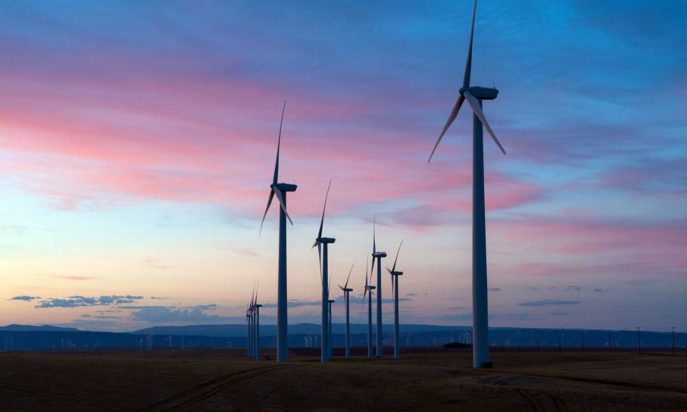It pays to be green as responsible investment Australian equity funds outperform
“It pays to be green,” was once a premature conclusion, but now that conclusion couldn’t be any closer to the truth.
According to Evergreen Consultants, a survey of the firm’s ERIG (Evergreen Responsible Investment Grading) Index data showed responsible investment Australian equity funds to have outperformed the S&P/ASX 200 Index over the past three years. Australian equity funds in the first quartile beat the S&P/ASX 200 Index by an average of more than 0.5% a year, after fees, over the past three years.
The ERIG Index is a ground-breaking grading system that scores a managed fund based on what its investment process does with respect to Responsible Investment (RI), rather than just looking at RI scores for portfolio companies.
According to the company website, “The ERIG Index uses the Responsible Investment Association Australasia’s (RIAA’s) Responsible and Ethical Investment Spectrum as a foundation. RIAA sets out seven RI capabilities: ESG integration; negative screening; norms-based screening; active ownership; positive screening; sustainability-themed investments; and impact investing. The ERIG Index assesses fund managers across all seven areas and provides a score for each category. The scores can be compared to peers.”
“Funds are rated based on seven RI capabilities and are also combined into an easy-to-understand quartile ranking. The top 25% of all funds in an asset class receive the first quartile ranking. Among the 600 strategies given an ERIG score so far, there are around 115 Australian equity funds.”
Evergreen CEO and founder Angela Ashton says, “First-quartile funds outperformed the Growth and Value Indices but underperformed the Quality Index. We found a small negative relationship between the outperformance of the first-quartile funds and Value, and no relationship to Quality or Growth. The negative correlation to Growth is likely explained by energy, mining and banking stocks often being value stocks. These are often excluded from funds with high ERIG Index scores.”
Ashton says demand for RI investment outcomes is growing, but navigating the universe of RI products can be difficult. “The ERIG Index is emerging as an important guide in this task,” she says.











